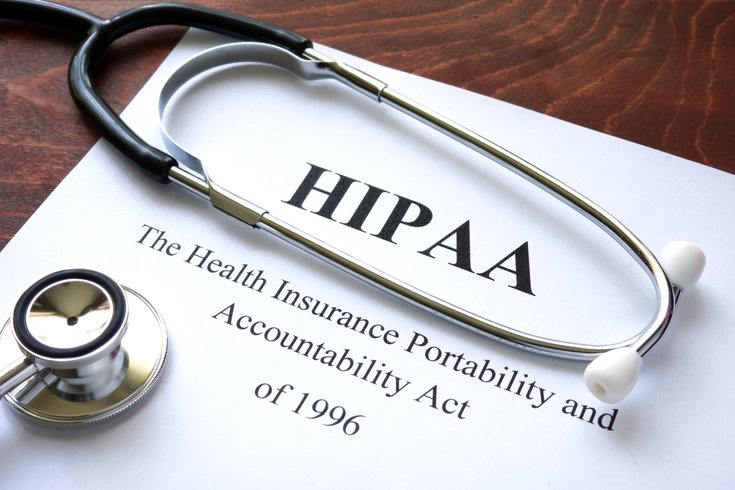Panel Debates Whether or Not HIPPA Privacy Laws Need a Refresh – ESG News

Mike Wasserman, Amanda Stanhaus, Robert Miller, George Matthew, and Sophie Baum at Converge2Xcelerate Conference (Boston, MA)
(ESG News) – In the age of big data and big tech, does HIPPA need to be overhauled to adequately protect your privacy?
That was the debate argued by four leading experts at the Converge2Xcelerate Conference in Boston, filmed live on the Traders Network Show, hosted by Matt Bird. Mike Wasserman, the executive director of the Boston Debate League, served as moderator, while Robert Miller and Amanda Stanhaus, of the blockchain technology company Consensys, argued the affirmative, and George Mathew, of DXC Technology and Sophie Baum, of the law firm Hogan Lovells, argued the negative.
Lobbying for the need to change the 1996 law, Miller said it was written before the internet was pervasive, and well before the advent of the smartphone.
“It’s because we live in this updated world, this new health paradigm, that I think we need updated legal protections,” Miller said.
Entities like fitness apps collect a huge amount of health information from people, without violating the current HIPPA law, he continued. That information ends up on social media, which then enables big tech companies to do with it what they please.
Mathew countered that a lot of benefits has come from this information being public.
“It’s because of the free access to a lot of that data that we have seen innovation that we never conceived,” he said.
Miller said innovation and regulation don’t necessarily have to be opposed.
“I don’t think we have to choose between innovation and privacy. We can have both, but we need guardrails to ensure that the interests of people are met,” he said.
Mathew argued that people are generally willing to offer their consent to have their data made public.
“People are willing to trade their data for access to that app and get the value from it,” he said. “They realize the value they get out of [the app] is greater than whatever this potential threat is.”
Stanhaus said people don’t often realize they are actually providing consent—they download an app, click “accept” on a user agreement, and never think again about what they have just signed. She suggested a model that requires consent to be provided at multiple points could be one path forward—instead of having users sign consent forms only immediately after downloading an app, periodical check-ins could remind users that they are sharing their data.
Baum said people currently have the opportunity to withdraw their consent, meaning HIPPA allows for them to opt out of sharing their information, and therefore doesn’t need to be changed. What’s more, Baum argued, the very fact that the law was created three decades ago proves that it has worked for all this time. She implored the audience to consider the kind of hindrance that would arise from stricter privacy regulation.
“Once you start layering these regulations, the compliance burden [makes it] difficult for folks to innovate,” she said, pointing to good work, like clinical trials, that depend on public health data. “Expecting ethical use of data is very important, but you don’t want to take away all the work by burdening it even more.”
We’ve heard these panelists opinions on the matter of privacy or regulation – what are yours?












